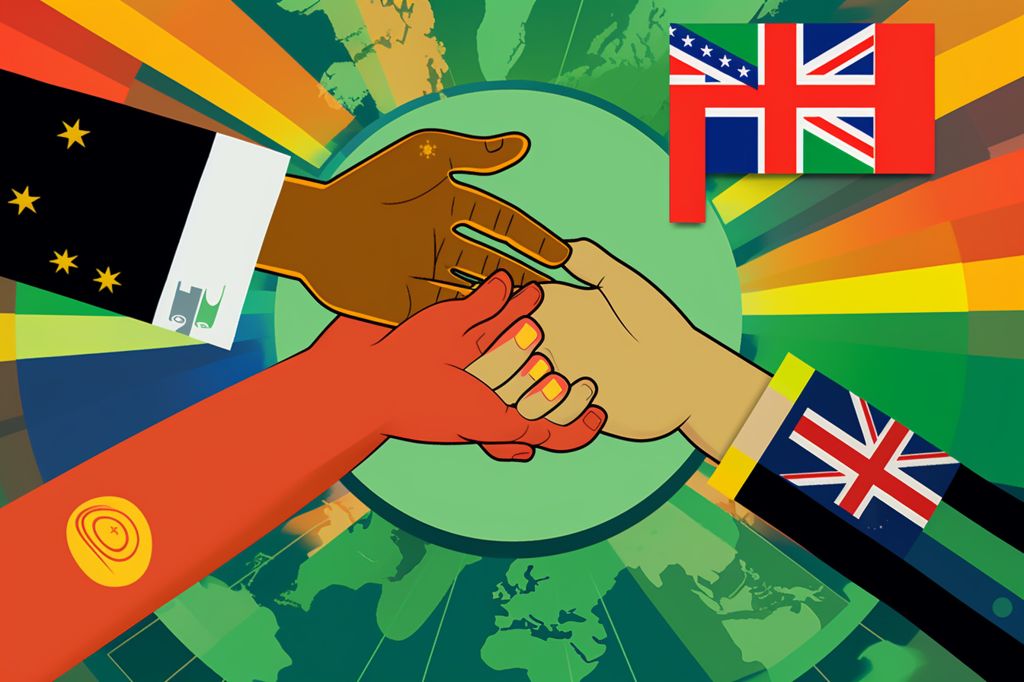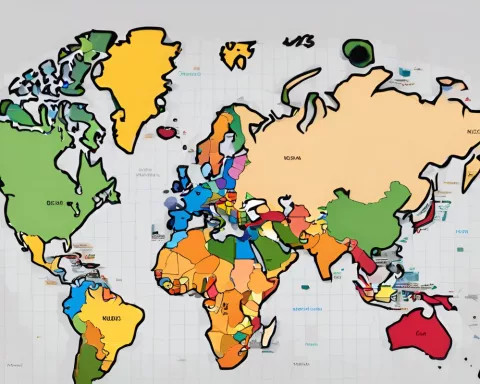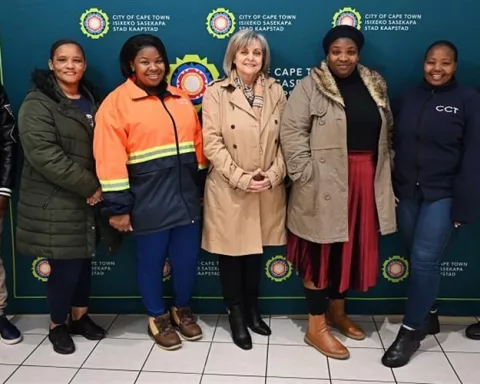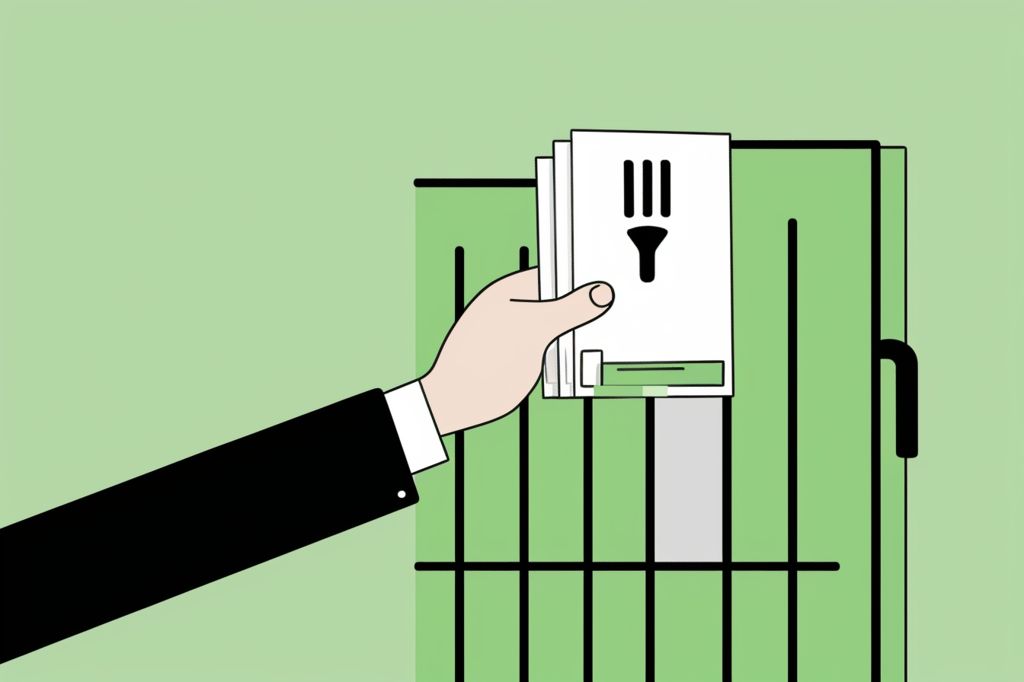At the second Employment Working Group (EWG) held in Port Alfred, South Africa, BRICS countries were encouraged to increase trade amongst themselves to promote economic growth within the bloc.
Highlighting the Discrepancy in Trade
Jens Dyring Christensen, Senior Specialist: Enterprise Development and Management at the International Labor Organization (ILO), presented the topic “BRICS Productivity Ecosystems” at the EWG meeting. He compared trade within the United States to that within BRICS member states, highlighting that trade within the US is six times higher than within BRICS countries.
Addressing the Need for Inter-BRICS Trade Expansion
Christensen called for the expansion of inter-BRICS trade and offered the ILO’s technical support to realize this objective. He emphasized the need for implementing specific Productivity Ecosystems in each member state, taking into account the unique circumstances of each country. He proposed the creation of a team of technical experts in each BRICS country to support the implementation of these ecosystems and even suggested the establishment of a fully-fledged BRICS team of experts across the five nations.
Potential of Increased Trade Among BRICS Countries
Increased trade among BRICS countries has the potential to boost economic growth significantly within the bloc. Identifying areas of mutual interest, such as beef, could facilitate the expansion of trade. Christensen also highlighted the pervasiveness of informal work within the BRICS countries, with percentages ranging from 21% in Russia to 88% in India.
Need for Cooperation to Achieve Common Goals
Siyabonga Hadebe, South African Labour attaché in Geneva, echoed Christensen’s sentiments by emphasizing the need for BRICS member states to work as a bloc to achieve common goals, promoting economic growth, and changing the geopolitical landscape. Hadebe called for intensified relationships and cooperation at multilateral levels, urging leaders not to work in silos.
Embedding Entrepreneurship in Social Values
Addressing the issue of youth employment, Professor Ronney Ncwadi, Director in the School of Economics, Development, and Tourism at Nelson Mandela University, emphasized the importance of embedding entrepreneurship in social values. By making entrepreneurship a career of choice, Ncwadi believes that this would contribute to building effective models for the youth within the BRICS nations. Thus, by fostering a spirit of entrepreneurship and collaboration, BRICS countries have the opportunity to work together to promote economic growth and address pressing employment issues.












